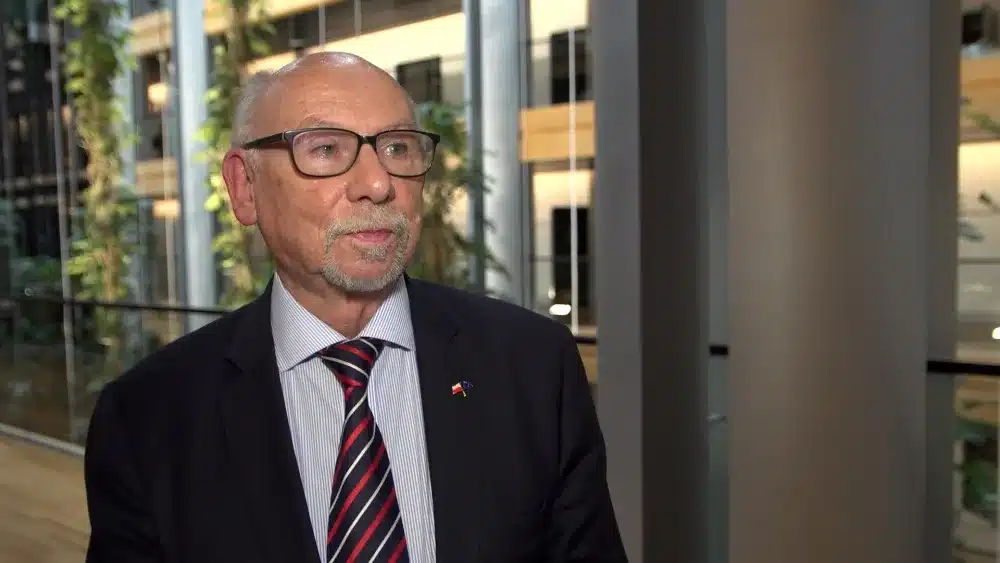Poland will preside over the EU Council during the first half of 2025. Key challenges and priorities that it will face include security and defense, planned EU enlargement to include Ukraine and Moldova, further shaping of transatlantic cooperation following elections in the U.S., and potential treaty changes in the EU. Additionally, issues with the Green Deal’s implementation and the migration package will need to be addressed. Nonetheless, MEP Janusz Lewandowski emphasizes that the toughest task will be working on the new EU budget for 2028–2034, which will be overseen by Piotr Serafin, the Polish nominee for EU Commissioner for the Budget.
In mid-September, the President of the European Commission, Ursula von der Leyen, introduced nominees for new EU commissioners pending approval by the European Parliament. Poland’s nominee is Piotr Serafin, who is set to handle budget matters, combating financial fraud, and public administration. He will report directly to the EC President, elevating his standing among other commissioners. Serafin’s hearing in the European Parliament is scheduled for November 7. Upon assuming the position, his main task will be preparing the next long-term EU budget for 2028–2034. The EC is expected to submit a proposal for new multiannual financial frameworks in the first half of the coming year.
“Our commissioner, Piotr Serafin, will face a significant challenge in presenting the European budget post-2027 when we will also have to repay a substantial loan program: at least PLN 421 billion in non-refundable grants that constitute 27 National Recovery Plans. He will face a very difficult task: how to repay this without new sources of funding for the European budget. That will likely be the toughest part of his mission,” remarks Janusz Lewandowski of Newseria Biznes.
Commentators identify that working on a new seven-year plan will be challenging, particularly in the context of ongoing negotiations regarding changes to the functioning of EU cohesion policy. The European Commission wants to tie the disbursement of these funds to specific reforms implemented by EU member states such as tax law or pension systems. A similar mechanism was previously used for disbursing funds from national recovery plans, however, some countries have indicated that they will not agree to its transfer to cohesion policy.
Work on the new EU budget for 2028–2034 may also be influenced by a September report from Mario Draghi, former head of the European Central Bank, concerning the deteriorating competitiveness and economic situation of the Community. One of the main conclusions of his report is the need for a larger European budget and a significant increase in EU spending on investments and innovation to ensure economic growth in Europe. Draghi’s team suggests that the EU could obtain funds through the issuance of joint European debt, a proposal that some member states, including Germany, a leading contributor to the EU budget, do not agree with.
The term of the European Commission in its new composition is set to begin in November, shortly prior to the start of Poland’s presidency of the EU Council. It is the most important role that a member state can hold. Poland will take over from Hungary and will serve in this role for the second time (the first being during the second half of 2011), forming the presidential trio with Denmark and Cyprus.
Alongside the new EU budget, key challenges and priorities for Poland’s presidency of the EU Council will also include security, defense, and EU expansion planning to include Ukraine and Moldova (accession negotiations with both these countries officially began in the middle of this year).
The commentators point out that an additional challenge could be the result of the U.S. presidential elections in November 2024 and its impact on the shape of transatlantic cooperation. On the other hand, Poland’s presidency will also coincide with a strategic moment — the start of a new institutional cycle in the EU and the start of new EU commissioners’ term, which could enable the establishment of informal contacts and discussions on common priorities.
